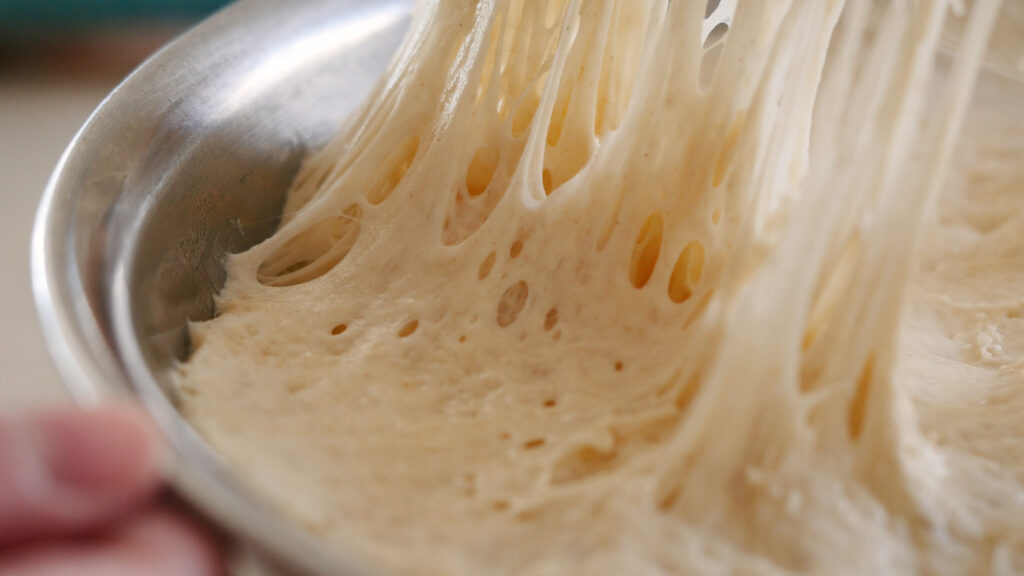The most common cause of plastic parts to weaken is exposure of the plastic to sunlight. Plastics consist of long polymer chain molecules which are entangled together, The longer the polymer chains, the stronger the plastic.
A CASE STUDY
The following case study is the property of Plastic Expert Group and cannot be copied or distributed without prior permission. Our case analysis does not imply that this specific plastic failure will happen systematically. Every case is unique and should be treated accordingly.
PROBLEM: WHAT CAN DISSOLVE PLASTIC?
The most common cause of plastic parts to weaken is exposure of the plastic to sunlight. Plastics consist of long polymer chain molecules which are entangled together, The longer the polymer chains, the stronger the plastic. Most plastics degrade by oxidation when exposed to sunlight and heat causing the long polymer chains to break becoming shorter in length, causing the plastic to weaken. Antioxidant chemicals are added to most plastics to stabilize them against oxidative degradation. However, over time, the antioxidants are depleted from the plastic. Once the antioxidants are depleted, the plastic rapidly weakens becoming brittle.
Another common cause of weakening of plastics is exposure to certain solvents and chemicals. Solvents and chemicals can be absorbed by the plastic causing the plastic to soften and lose rigidity and strength.
Tetrahydrofuran (THF) is co the most universal and common solvent for many plastics. However, each plastic has its own solubility properties. Amorphous (non-crystalline) plastics (for example, polystyrene and polycarbonate) are more soluble in common organic solvents. However, even THF will not dissolve many highly crystalline plastics like nylons and polyolefins.

